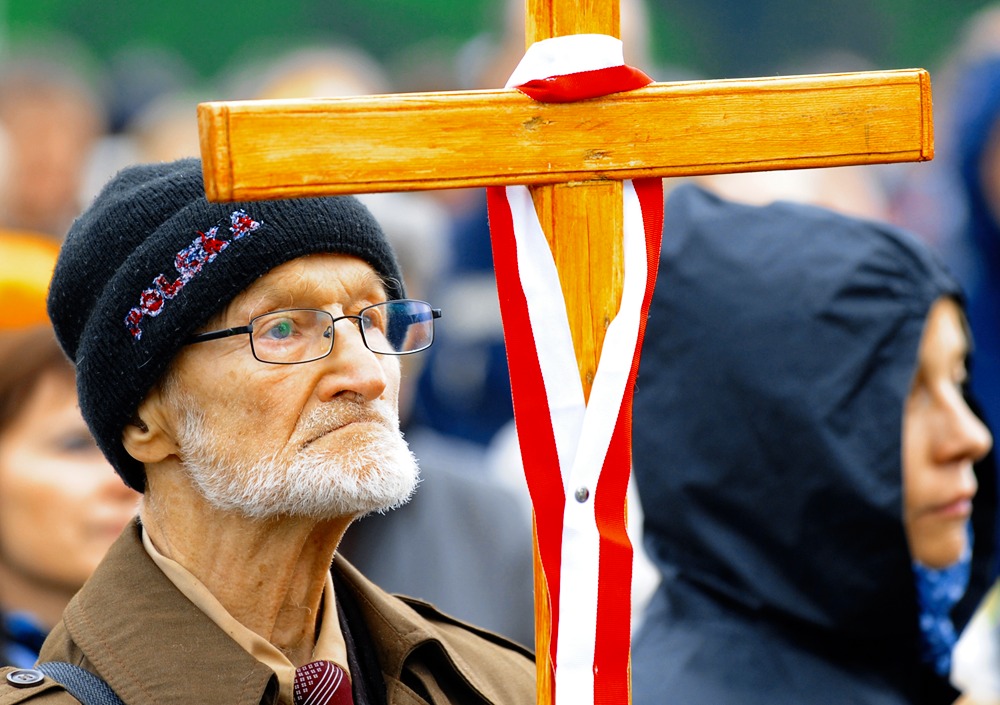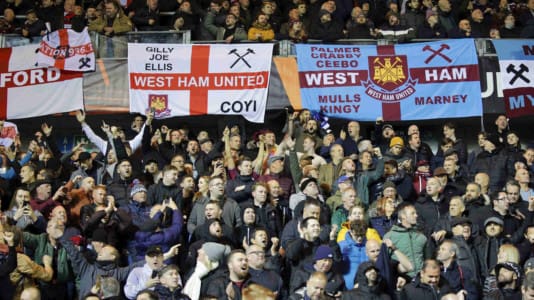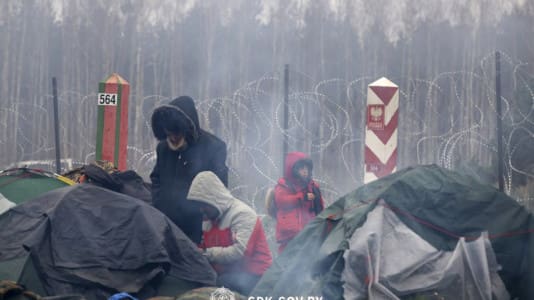The special relationship between Catholicism and patriotism in Poland stems from our historic experiences. Perhaps the situation would be different if Poland did not lie at a geographic crossroads that has constantly creates threats to its national and religious identity.
These threats came from other nations which had faiths different from ours (with the exception of the Teutonic Order). Ever since the 1241 Battle of Legnica and until the 1683 Battle of Vienna, Poles have been forced to defend not only their homeland but also Christian Europe against foreign and Islamic hordes. During the Swedish Deluge, Poles had to oppose Protestant invaders. The heroic defense of the sanctuary at Jasna Góra was lifted to the rank of a national and religious symbol and contributed to the naming of Holy Mary as the queen of Poland.
This also laid the foundational stone of the association of every Pole also being a Catholic.
Connections between Catholicism and Polishness were later strengthened due to repressions from the side of two out of the three partitions of Poland (1772-1918). The Prussian Kulturkampf was aimed against both Polishness and Catholicism. Meanwhile, the forcing of members of Catholic Ruthenian Uniate Church to convert to Orthodoxy was emblematic of the bloody process of Russification in 1874. An early form of repression by the Russians was the dissolution of Catholic religious orders and their subsequent deportation to Siberia. Finally, the construction of a powerful Orthodox church in Warsaw’s center was meant to humiliate Catholic Poles and symbolize Russian dominance over the city.
Only when Poland is sovereign can the Church in Poland be free.
Polish historic experiences made us realize that the Church lost freedom in Poland every time the nation itself lost sovereignty. The unity between Church and nation, which was often underscored by Cardinal Stefan Wyszyński, also writes itself into this — not unity with the state, but with the nation which would endure when the state was dissolved. This was the case during the Second World War and during the era when communist Poland remained under Russian domination.
The Church was connected with a downtrodden nation that demanded freedom, and the Church took part in this fight for the nation’s freedom and for itself. Only when Poland is sovereign can the Church in Poland be free. This is probably why Poles pray for their homeland’s safety more often than other nations — we know the bitter taste of losing freedom all too well.
This may be difficult to understand for Western nations, which did not have to fight so harshly for their national and religious survival.
Polish identity was shaped by over a thousand years of difficult circumstances on the crossroads between the East and the West, between Islam and Christianity, and between Orthodoxy, Protestantism, and Catholicism.
Unlike the French, Spanish, or even Italians, Poland hasn’t had so very many civil wars and revolutions. If massacres took place on Polish soil, they were always carried out by foreign hands. Catholicism did not divide Poles. The opposite is true — it united the nation and gave Polish patriotism a very specific shape. Owing to this, those who did not identify with Catholicism or the Polish nation could still fully consider themselves Polish citizens across hundreds of years.
It was the greatest Polish patriots and most faithful Catholics who were in the vanguard of the people who saved Polish Jews during the Holocaust.
Poles must be proud of these traditions and should not let foreign ideologies be imposed upon them. Those who gather today under the banner of “God, Honor, and Country” are not “fascists,” and now is not the time to take up Stalinist platitudes.
In this context, we would be wise to view Warsaw Mayor Rafał Trzaskowski’s decision to block this year’s March of Independence as an unnecessary and harmful provocation. Such a provocation is even more inexplicable given that Warsaw’s authorities have a much different stance towards the march than they do towards the Women’s Strike — despite the latter not being a peaceful or sophisticated manifestation in the first place.





